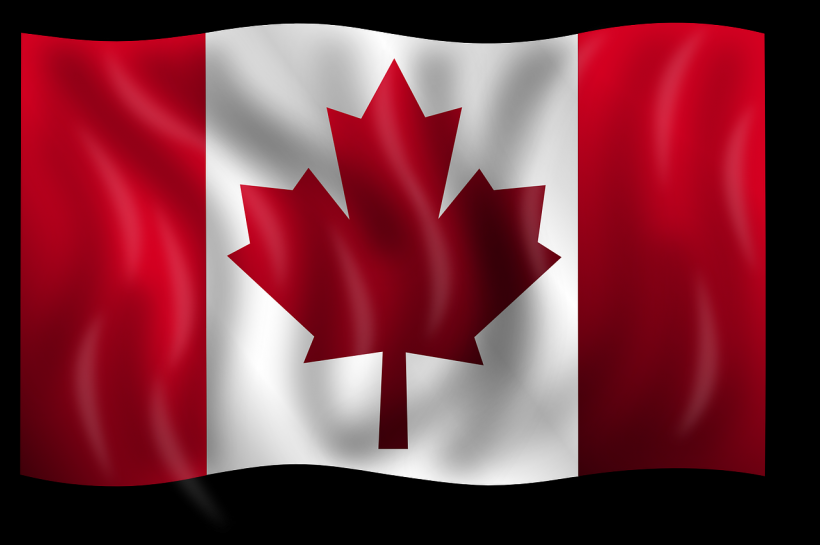
(Photo : The COVID-19 Effects on Canadian Immigration in 2021)
Canada's immigration minister, Marco Mendicino, announced new ambitious immigration targets for the next three years. The plan is to welcome over 400,000 newcomers in 2021 - 2023 to bolster economic recovery in the country. This means that 1.23 million new immigrants will call Canada home by 2023. The great news came as a beacon of light during a dark time for hundreds of thousands of hopefuls looking for better opportunities abroad.
However, with the border still closed for most travelers and visitors, it is a confusing time for potential applicants who want to secure their spots in Canada but are left wondering: "What are the COVID-19 effects on Canadian immigration in 2021?" Well, the good news is that the evidence is strongly suggesting that things are returning back to normal, and potential applicants should not shy away from pursuing new lives in the Great White North.
How is COVID-19 Affecting Canadian Immigration?
Canada Continues to Process Immigration Applications
The fantastic news is that Canada accepted and processed most immigration applications during the pandemic and is not losing speed anytime soon. The popular Express Entry Immigration System is responsible for the majority of Canada's immigrant intake annually (read here for more information about the Express Entry program). In fact, the Express Entry held a record-breaking draw on 13 February 2021, inviting a whopping 27,332 candidates to apply for Canadian permanent residency. The International Experience Canada (IEC) 2021 season also opened for many countries on 1 March 2021.
Candidates can, however, expect slight delays in processing times because there is a backlog of applications due to COVID-19. Currently, Express Entry applications submitted the week of August 12, 2020, are being processed.
Express Entry Favors CEC and PNP Candidates
The majority of Express Entry draws have been restricted to Canadian Experience Class (CEC) candidates and those who have applied through a Provincial Nomination Program (PNP). The reason for this is because approximately 90 percent of CEC candidates are already living in Canada. This means that they are unaffected by the travel restrictions.
When will the Express Entry draw get back to normal? This is the pressing question on everyone's mind and especially candidates who qualified for the Federal Skilled Worker Program (FSWP) and the Federal Trades Worker Program (FTWP), two of the three Express Entry programs aimed at skilled foreign workers without Canadian work experience. No one really knows when Express Entry draws will consider FTWP and FSWP candidates, but the IRCC (Immigration, Refugees and Citizenship Canada) previously stated that they are increasing their efforts to help more skilled foreign workers already living in Canada obtain permanent residency.
Extended Deadline for Immigration Documents
The major COVID-19 effect on Canadian immigration for applicants is the inability to collect certain supporting documents such as police certificates, biometrics, and medical exams during this time. The good news is that the IRCC will not close or refuse immigration applications that are in progress, and will give applicants an extra 90 days to submit their documents.
Travel Restrictions May be Lifted by 21 April 2021
The current travel restrictions stop most discretionary or non-essential travel to Canada. Foreign nationals with valid work and study permits can enter Canada. In addition, agriculture and healthcare workers are being given priority processing for work permits. When will Canada lift the travel restrictions? As Canada's mass COVID-19 vaccination campaign accelerates, it is expected that the border will open on 21 April for all travelers.
Should You Apply for Canadian Immigration in 2021?
It may be the best time to apply to immigrate to Canada, especially with the new high immigration targets set specifically to make up for the economic disruptions that have been caused by COVID-19 in 2020. Canada relies on immigrants to fill job and labor shortages across the country, where there is a high worker to retiree ratio. It's important to keep in mind that the entire Canadian immigration process can take about 12 months for applicants and their families, depending on their chosen immigration program. So the sooner you start, the better your chances!
The evidence strongly suggests that life is returning to the 'new normal'. Yours can only get better in Canada that's rated as the 2nd best country in the world.
For more information on how COVID-19 affects Canadian immigration and how you can move to Canada, visit CanadianVisa.org.
* This is a contributed article and this content does not necessarily represent the views of hngn.com








